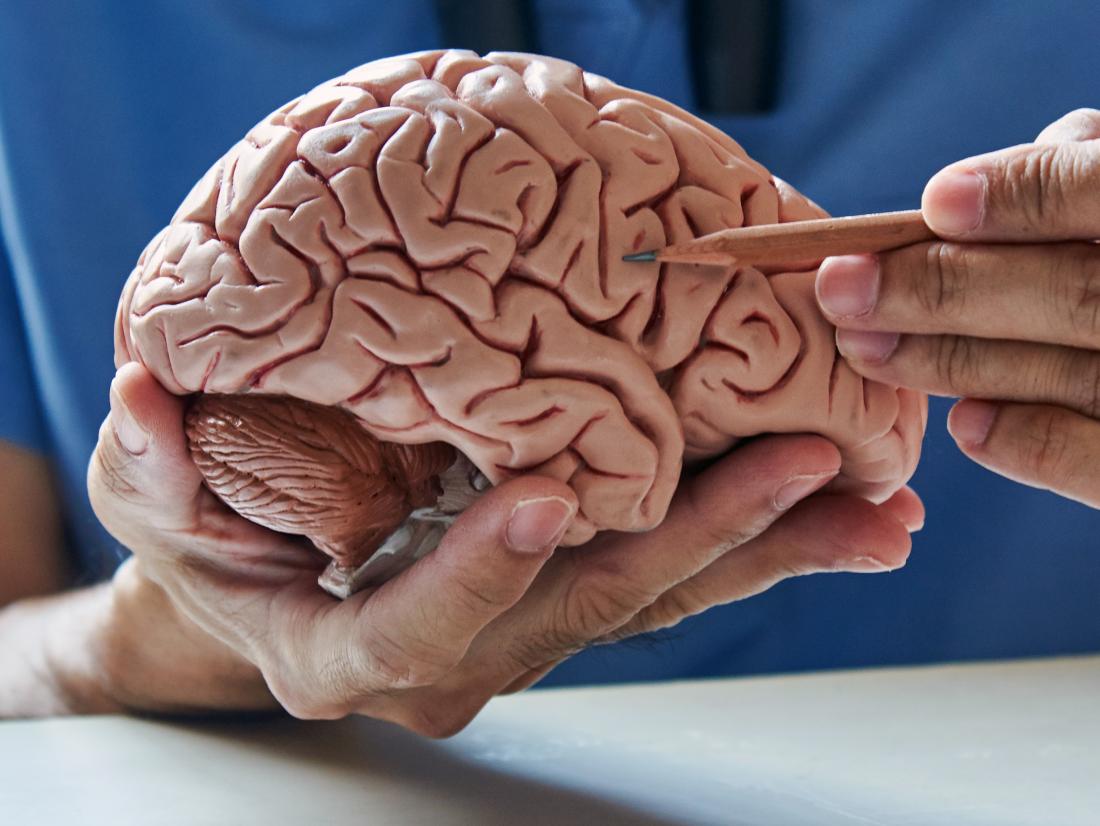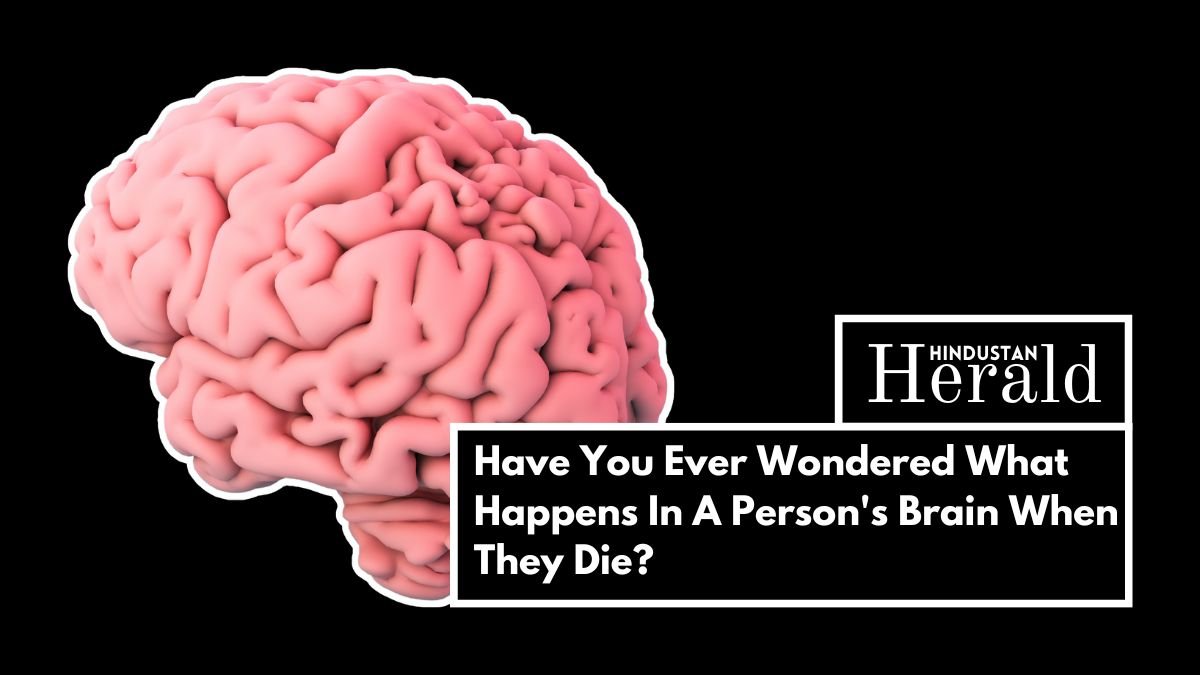Have you ever wondered what happens in a person’s brain when they die? According to brain scans of a dying man, our entire lives flash before our eyes like lightning.
For centuries, neuroscientists have puzzled over what happens inside your brain during near-death experiences and after death.
According to a new study published in the journal Frontiers in Aging Neuroscience, our brain remains active and coordinated during and after death, and may even be programmed to orchestrate the entire ordeal.
“Something we may learn from this research is that even when our loved one’s eyes are closed and they are ready to leave us to rest, their brains may be replaying some of the nicest moments they experienced in their lives,” said Dr. Ajmal Zemmar, the study’s organizer and a neurosurgeon at the University of Louisville in the United States.
Neuroscientists at the University of Tartu in Estonia monitored the activity of a dying 87-year-old epileptic patient. They discovered rhythmic wave patterns that are similar to those seen during dreaming and meditation.
They used continuous electroencephalography (EEG) to detect and treat the patient’s seizures.
During these recordings, the patient suffered a heart attack and died. For the first time, scientists were able to record the activity of a dying human brain as a result of this unexpected event.

“We measured 900 seconds of brain activity around the time of death and focused on what happened in the 30 seconds before and after the heart stopped beating,” Zemmar explained.
“We saw changes in a specific band of neural oscillations, so-called gamma oscillations, but also in others such as delta, theta, alpha, and beta oscillations just before and after the heart stopped working,” he added.
Brain oscillations (also known as ‘brain waves’) are rhythmic patterns of brain activity found in living human brains.
Gamma oscillations, like those associated with memory flashbacks, are involved in high-cognitive functions such as concentrating, dreaming, meditation, memory retrieval, information processing, and conscious perception.
“By generating oscillations involved in memory retrieval, the brain may be playing a final recall of important life events just before we die, similar to those reported in near-death experiences,” Zemmar explained.
“These findings call into question our understanding of when exactly life ends and raise important follow-up questions, such as the timing of organ donation.”

While this is the first study of its kind to measure live brain activity in humans as they die, similar changes in gamma oscillations have previously been observed in rats kept in controlled environments. This implies that, during death, the brain may organise and execute a biological response that is conserved across species.
The Hindustan Herald Is Your Source For The Latest In Business, Entertainment, Lifestyle, Breaking News, And Other News. Please Follow Us On Facebook, Instagram, Twitter, And LinkedIn To Receive Instantaneous Updates. Also Don’t Forget To Subscribe Our Telegram Channel @heraldhindustan









































